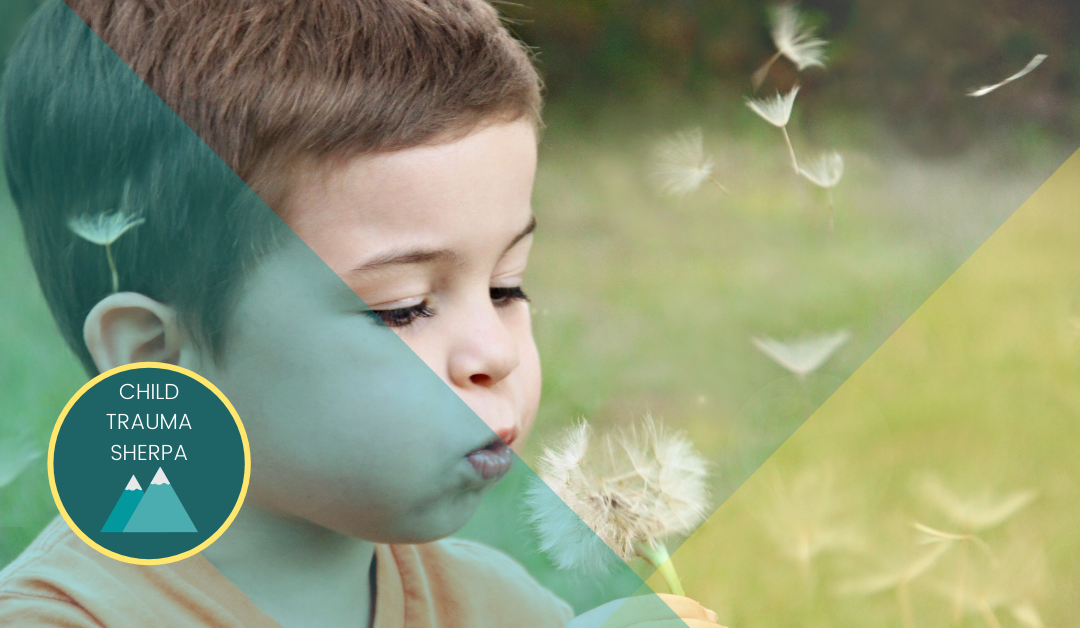Under normal circumstances, family dynamics can be difficult at times. But when you have an adopted child with trauma, those challenges can be amplified. However, improving those relationships within your family is key to helping your child with trauma heal. When a child has a positive relationship with their family and feels secure and loved, only then can the healing process begin.
Childhood Trauma is a Brain Injury
Poor behavior displayed by your child isn’t simply because he or she is a bad child. It is a result of a brain injury caused by childhood trauma and not who your child is. Children with trauma experienced a loss of safety and trust from the adults in their lives and this puts them in a constant fight or flight response. This constant stress affects their brain. The good news is that the brain is constantly growing and repairing itself through the age of 25. This means that with a healthy family dynamic that includes love and support, your child has a chance to heal from their past traumas and connect and share with others in meaningful ways.
Acknowledging Problems
After understanding that childhood trauma is a brain injury that affects your child’s behavior, it’s important to acknowledge the problematic behaviors. Knowing what these are can help you respond better. Some of these problematic behaviors can include lying, manipulation, peer aggression and isolation as well as learning disabilities and behavioral issues like ADHD.
Create a Support System
It is important to note that most responses to poor behaviors can actually re-traumatize your child rather than helping them heal. Kids with trauma do not respond to implications, good or bad, as they first need to trust, feel safe and feel loved. Because dealing with child trauma as a family can be incredibly intense, I recommend creating an external support system for your entire family. This support team can include IEP consultants, a psychiatrist, church leaders and others. What is key in helping your adopted child with trauma heal, however, is that the entire team needs to be on the same page or little progress will occur.
Parent Your Child Where They Are
As a parent of a child with trauma, you will need to adjust your mindset. Remember, you must parent your child where they are and not where anyone else says they should be. This is because trauma causes delays in learning, connection, and behavioral control. It is not unusual for a child with trauma to behave many years younger than their age. Rather than yell and ground your child or take away toys, what you must do as a parent instead is to offer stable, non-emotional responses to their behaviors. This allows your child with trauma the space and time they need to work through their brain trauma and heal over time. It also creates a feeling of safety and builds trust with your child, which is fundamental to their success.
Conclusion
Every family that is dealing with child trauma has many struggles and frustrations. However, when you employ a healing vs. behavior model of parenting, you can improve your family dynamic. This creates a safe environment for your child with trauma to heal over time. Remember that child trauma is a brain injury, that an external support system is key to success for the whole family, and that we must parent our children where they are developmentally, not chronologically.
Want more information? Download my free guide. In it are more details of my 3 proven strategies for helping families struggling with the behaviors of an adopted child with trauma.


